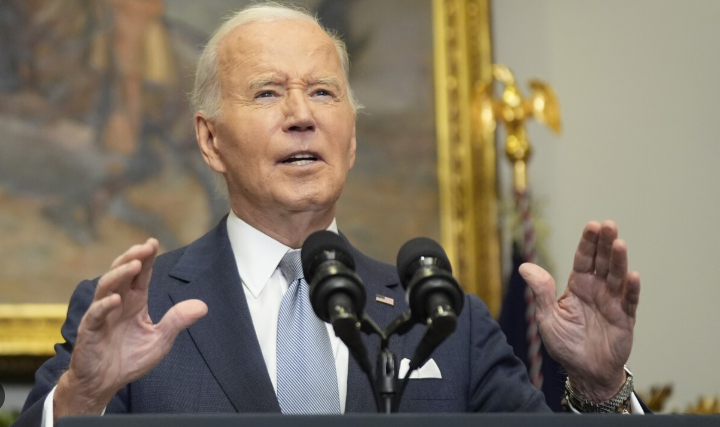In a move sparking intense debate, Congressional Democrats are pushing forward a new legislative proposal that critics claim could significantly impact American families’ finances. The bill, designed to reform retirement savings and taxation policies, has drawn scrutiny for potentially saddling the average couple with an additional financial burden of up to $25,000.
What’s in the Bill?
The legislation focuses on revising the way retirement accounts are taxed and introduces changes to key tax deductions. Proponents argue the reforms are necessary to close loopholes and create a more equitable system, ensuring wealthier individuals pay their fair share. However, analysts warn that the bill could have unintended consequences for middle-class families.
According to a report from leading financial think tanks, the proposed changes include:
- Capping retirement account contributions: Reducing limits on tax-deferred contributions could shrink future savings for millions.
- Phasing out deductions: Eliminating popular tax deductions might increase taxable income for middle-income households.
- New tax brackets: Restructured brackets could result in higher effective tax rates for couples earning a combined income above certain thresholds.
The $25,000 Question
Critics argue that the combined effects of the proposed measures could leave many families worse off. A couple with average earnings and typical retirement contributions may find themselves paying significantly more in taxes over time. Opponents claim this could erode retirement security and force Americans to reconsider their financial plans.
“This bill feels like a direct attack on middle-class savers,” said Sarah Johnson, a financial planner based in Chicago. “Families trying to prepare for the future will bear the brunt of these changes.”
Supporters Defend the Plan
Democratic lawmakers have defended the proposal as a necessary step toward fiscal responsibility and wealth redistribution. They argue that the bill’s provisions will predominantly affect high earners, leaving most Americans unaffected.
“Our goal is to build a tax code that works for everyone,” said Senator John Doe, one of the bill’s co-sponsors. “This legislation ensures the ultra-wealthy contribute fairly to the system, allowing us to fund critical programs like Social Security and Medicare.”
Public Reaction and Next Steps
The public’s response has been mixed. While some applaud the effort to address inequality, others are concerned about the potential ripple effects on household budgets and retirement planning. Social media platforms have been abuzz with heated discussions, with hashtags like #TaxReformDebate trending nationwide.
The bill is set to undergo further deliberation in the coming weeks, with amendments likely as both parties negotiate its final form. Analysts suggest the legislation’s fate will hinge on whether lawmakers can strike a balance between generating revenue and protecting middle-class families.
What Does This Mean for You?
Financial experts recommend reviewing your retirement strategy in light of potential changes. Consider:
- Maximizing contributions now: Take advantage of current tax-deferred limits before any new caps are implemented.
- Diversifying investments: Explore other tax-advantaged accounts to reduce exposure to potential increases in tax rates.
- Seeking professional advice: A financial planner can help adapt your strategy to minimize impacts.
Stay tuned as the story develops and more details emerge about how this legislation could shape the financial future of American families.







